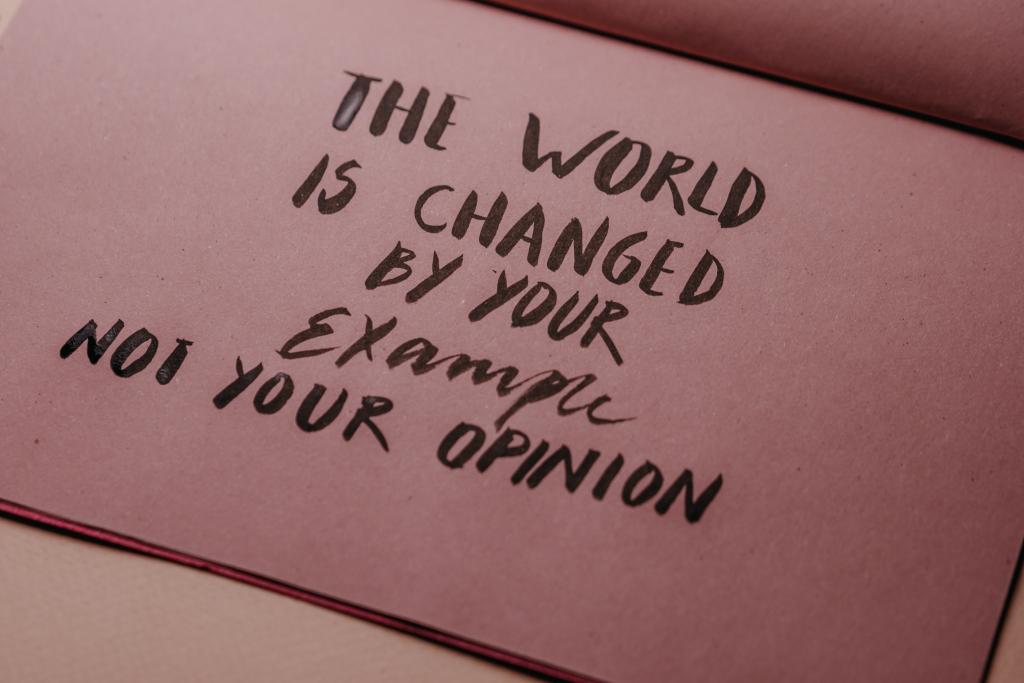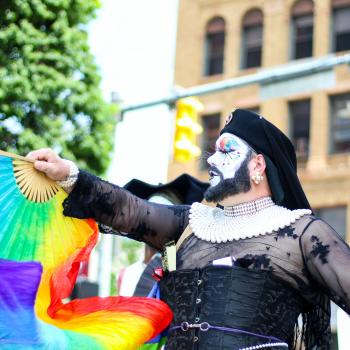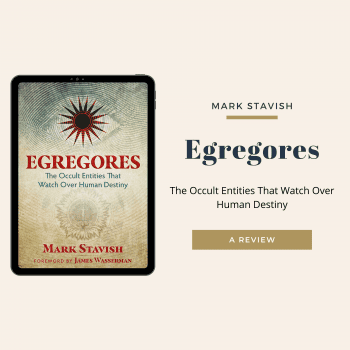
Sometimes I sit down to write in this blog and I wonder what it is about. I’d intended it to be faithfully and completely death oriented, but quickly realized that sometimes I’m going to have to use this platform to shine a light on issues that are important to me. Usually though, it’s still about grieving; even if it’s just me grieving something I had put a measure of faith into.
So, lets talk about autonomy.
So, most of you know by now that I am a Gardnerian Wiccan, pretty unapologetically despite everyone’s general confusion about how I fit as a non-binary person. And in British Traditional Craft, there’s a culture of autonomy, which is one of the things making the aforementioned non-binary craft work. I get to decide my covens identity and how I fit in it, and that’s pretty great (even if some folks still think I’m ruining Wicca, yeah, I see you out there).
There are lots of jokes in the trad communities about there being no popes of Wicca, and people are quick to report that individual covens can be vastly different in their approach to things. Mostly, that’s touted as a Very Good Thing™ – but sometimes I wonder if we’re doing it right.
The guild structure and all that jazz
In describing “The Guild Structure of British Traditional Wicca“ Deb Snavely writes “every BTW coven is autonomous—independent, a law unto itself,” and this pretty generally applies to individuals of higher degrees as well.* Craft autonomy means you are self-governing, and get to act according to your own will, if you earned the right I suppose.
Lately, I’ve had some crummy experiences in my trad community, and it’s had me thinking a lot about how autonomy is interpreted in this context. It is equivalent to moral autonomy? Personal autonomy? Free speech? I really just wanted to understand the elasticity of those words. What our responsibilities to this concept is in terms of being good caretakers of our communities; not just initiates, but those who’d one day like to be.
*This article takes a pretty binary and hetero-normative view of Gardnerian craft, just FYI I do not co-sign that in general.
Is autonomy without limits?
Personal autonomy, says Faye Tucker, a researcher at the University of Lancaster, “is made up of a set of skills and attitudes (which) include the ability to reason, to appreciate different points of view, and to debate with others.” Autonomy, is not without limits. When personal autonomy harms others, it has historically been limited by outside parties.
Take for example, someone who smokes/vapes. They can of course choose to smoke/vape, they have autonomy. What they can’t do is choose it for others, or to subject them do it. Why? Because we’ve decided as a society that it is harmful; and even though that person might run their own business, coven, etc, it doesn’t mean that they can decide to subject others to second-hand smoke/vapors. We don’t get to put someone else in danger.
Well, what about free speech and whatnot?
If we look at part of craft autonomy as the ability to act and speak freely, then that comes with it’s own considerations. Here in America we talk a lot about free speech, while seemingly forgetting that it is not absolute. You can’t actually say anything you want, the First Amendment (the freedom to express opinions without fear of retaliation) has quite a few exceptions. You can’t for example, say things that encourage illegal acts, and hate speech is also not protected.
Both of those are interesting because they have some pretty specific boundaries in terms of the law. The United Nations defines hate speech as “any kind of communication in speech, writing, or behavior that attacks or uses pejorative or discriminatory language with reference to a person or a group on the basis of who they are,” and goes on to include “speech […] deliberately (aimed) at triggering discrimination.”
So if, for example, someone is flying confederate flags, or turning away LGBTQIA+ individuals or BIPOC, or suggesting their coven members not associate with LGBTQIA+ individuals or their ally’s they aren’t really practicing autonomy or free speech. What they are doing is putting other people in harms way, participating in hate speech, and inciting others to commit illegal acts by discriminating against BIPOC or LGBTQIA+ individuals in settings outside their coven.
So how is this important?
I think, and let me make clear that it is my personal opinion, that we are doing autonomy wrong. In a time when we are all trying to do better and work toward a more egalitarian and inclusive world, we can’t use “autonomy” as a way to avoid taking a stand when someone in our community is behaving badly. We must have real conversations with people, take real action, and stop tolerating bad actors in our communities. Coven leaders don’t get a pass just because they hold rituals in their homes instead of some building with a sign out front, and being a law unto ourselves shouldn’t mean we can’t be held to account.
But when covens refuse LGBTQIA+ or BIPOC individuals (either in words or in actions) based on those traits alone? When they incite others to discriminate, or through their actions, expose individuals to violence or discrimination? They aren’t exercising opinions, autonomy, or free speech – they are causing harm. It is then that they wear their craft autonomy like a riot shield, using it to prevent others from freely expressing who they are, and when we allow that to happen? We are simply putting autonomy before integrity.
Edit: I asked a friend to give this a look over, and they sent me this post, which talks about autonomy in the Anderson Faery community and is also really worth a read.

















